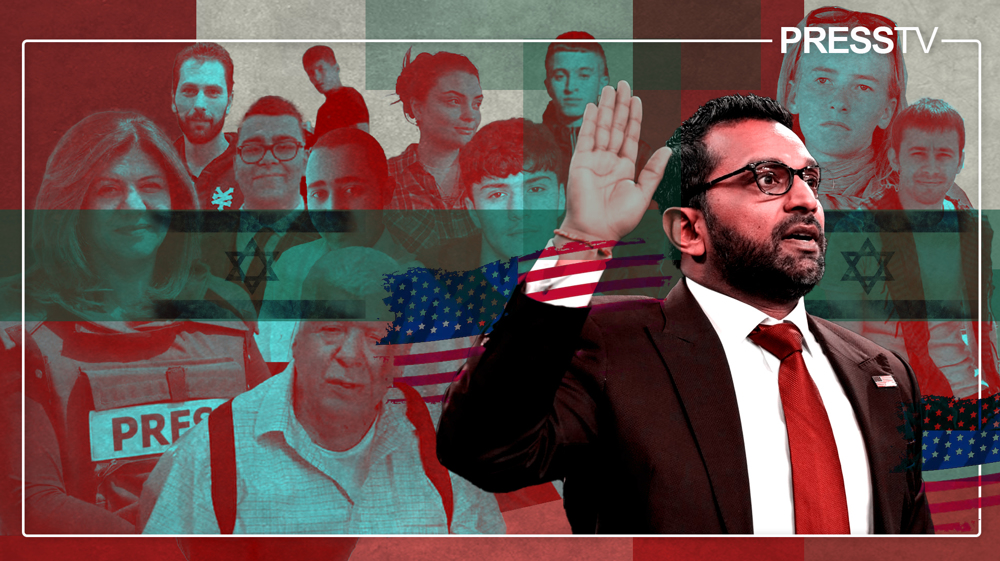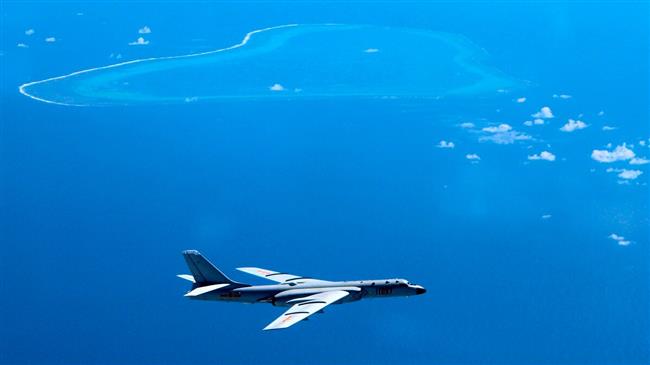US sanctions Chinese individuals, firms over South China Sea dispute
The United States has blacklisted 24 Chinese companies and individuals over their actions related to disputed islands in the South China Sea.
“The United States, China’s neighbors, and the international community have rebuked the CCP’s sovereignty claims to the South China Sea and have condemned the building of artificial islands for the Chinese military,” said Commerce Secretary Wilbur Ross said on Wednesday. “The entities designated today have played a significant role in China’s provocative construction of these artificial islands and must be held accountable.”
According to a statement published on the website of the US Commerce Department, the companies that were targeted by Washington include Guangzhou Haige Communications Group, several firms that appear to be related to the China Communications Construction Co, as well as Beijing Huanjia Telecommunication, Changzhou Guoguang Data Communications, China Electronics Technology Group Corp and China Shipbuilding Group.
In a separate statement on Wednesday, the US State Department announced that it has imposed visa restrictions on a number Chinese individuals under the same pretext.
"Today, the Department of State will begin imposing visa restrictions on People’s Republic of China (PRC) individuals responsible for, or complicit in, either the large-scale reclamation, construction, or militarization of disputed outposts in the South China Sea, or the PRC’s use of coercion against Southeast Asian claimants to inhibit their access to offshore resources," the statement read.
"These individuals will now be inadmissible into the United States, and their immediate family members may be subject to these visa restrictions as well," it added.
Diplomatic relations between Washington and Beijing have dropped to the lowest level in decades since US President Donald Trump has came to power. The two countries are currently at loggerheads over numerous issues, including trade, technology, Hong Kong's security, Taiwan's independence, navigation in the East and South China Seas, and most recently, the coronavirus pandemic.
The State Department announced last week that it has suspended all its bilateral agreements with Hong Kong related to extradition and tax exemptions, in yet another escalation with China.
The move followed Trump’s executive order last month to end Hong Kong's special status under US law in reaction to the enactment of a uniform national security law in Hong Kong.
Washington described Hong Kong’s new security law as "oppressive actions" against the former British colony.
Under the law, mainland security agencies are also officially based in Hong Kong for the first time since 1997, when the city’s rule returned from Britain to China.
Hong Kong has been governed under the “one-country, two-system” model since then, meaning that Chinese sovereignty is applied to the city even as it has its own government.
The US also imposed sanctions this month on Hong Kong chief executive Carrie Lam and other current and former Hong Kong and mainland officials over what it describes as curtailing political freedom in the financial hub.
Netanyahu pushing to turn US into ‘slave state for Israel’s expansionist dreams’: Analyst
Iran’s security chief meets with Yemen's Ansarullah official in Oman
Mass shootings at school, home in Canada leave 10 dead, including shooter
Millions in streets across Iran for Islamic Revolution anniversary marches
#IR47: How Iran’s martyred commanders found faith, purpose and mission in Islamic Revolution
#IR47: Long walk to freedom - Imam Khomeini and the Iranian nation’s epoch-making moment
VIDEO | Tehran conference examines Islamic Revolution’s enduring role in shaping global resistance
VIDEO | Gazans say Israel seeks permanent military presence













 This makes it easy to access the Press TV website
This makes it easy to access the Press TV website